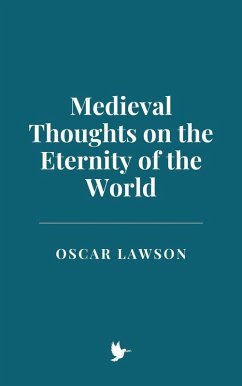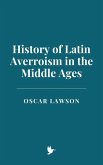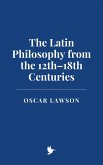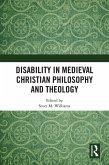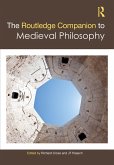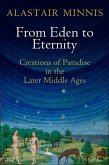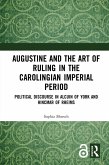As the scientific revolution gained momentum, figures such as Copernicus, Kepler, Galileo, and Newton reshaped the understanding of the cosmos, moving away from theological explanations of the universe to a more mechanistic view governed by natural laws. The Enlightenment further advanced these ideas, with thinkers like Voltaire, Rousseau, and Kant critiquing metaphysical speculations on the creation and eternity of the world, embracing a secular, reason-driven understanding of time and existence. The work underscores the tension between divine creation and natural laws, marking the transition from a theocentric universe to a more human-centered, scientific worldview.
Ultimately, the narrative traces the movement from medieval theological doctrines of time and eternity to modern philosophical and scientific thought, illustrating the profound shift in the way humanity understood its place in the cosmos and its relationship to the divine.
Dieser Download kann aus rechtlichen Gründen nur mit Rechnungsadresse in A, B, CY, CZ, D, DK, EW, E, FIN, F, GR, H, IRL, I, LT, L, LR, M, NL, PL, P, R, S, SLO, SK ausgeliefert werden.

